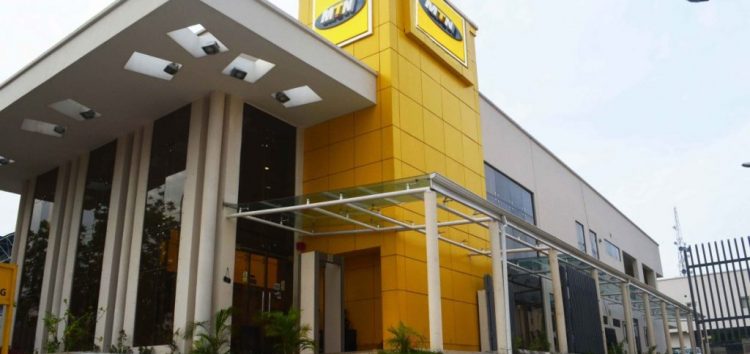MTN Nigeria Communications Plc has announced its plan to roll out up to N23 billion series 3 commercial paper notes under its N150 billion commercial paper issuance program.
The telecommunication giant made this disclosure in a document it filed with the Nigerian Exchange Limited (NGX), dated September 6, and signed by Uto Ukpana, FCIS, the company’s secretary.
According to the company, its adoption of commercial paper notes issuance is a part of a master plan to broaden its financing options, as it makes funds available for its working capital and general corporate purposes.
Extract from the document reads:
“MTN Nigeria Communications PLC (MTN Nigeria) hereby notifies Nigerian Exchange Limited (NGX) and the investing public of its proposed issuance of up to N23bn (Twenty Three Billion Naira) Series 3 Commercial Paper notes under its N150bn (One Hundred and Fifty Billion Naira) Commercial Paper Issuance Programme.”
“The issuance is part of the company’s strategy to diversify its financing options, with the funds deployed towards working capital and general corporate purposes.”
“Further details on the issuance as well as subsequent issuances will be communicated to the market as the transactions occur.”
What you should know
- FMDQ Exchange had previously announced the approval and admission of the MTN Nigeria Communications PLC (MTN Nigeria) N150.00 billion Commercial Paper (CP) Programme, sponsored by Stanbic IBTC Capital Limited and other investment houses.
- This will be the second commercial paper issuance by MTN Nigeria this year as the company had earlier issued an N127 billion series 1 & 2 commercial paper on the Nigerian Exchange.
- The debt capital market (DCM) in Nigeria has continued to play a significant role in efficiently deploying and allocating resources in the economy to support corporates looking to expand their business operations.
- Commercial paper is an unsecured, short-term debt instrument issued by corporates, typically used to get funds from the public (private individuals, institutional investors, non-governmental organizations, religious bodies, etc.) to meet short-term debt obligations, according to Afri Invest.











